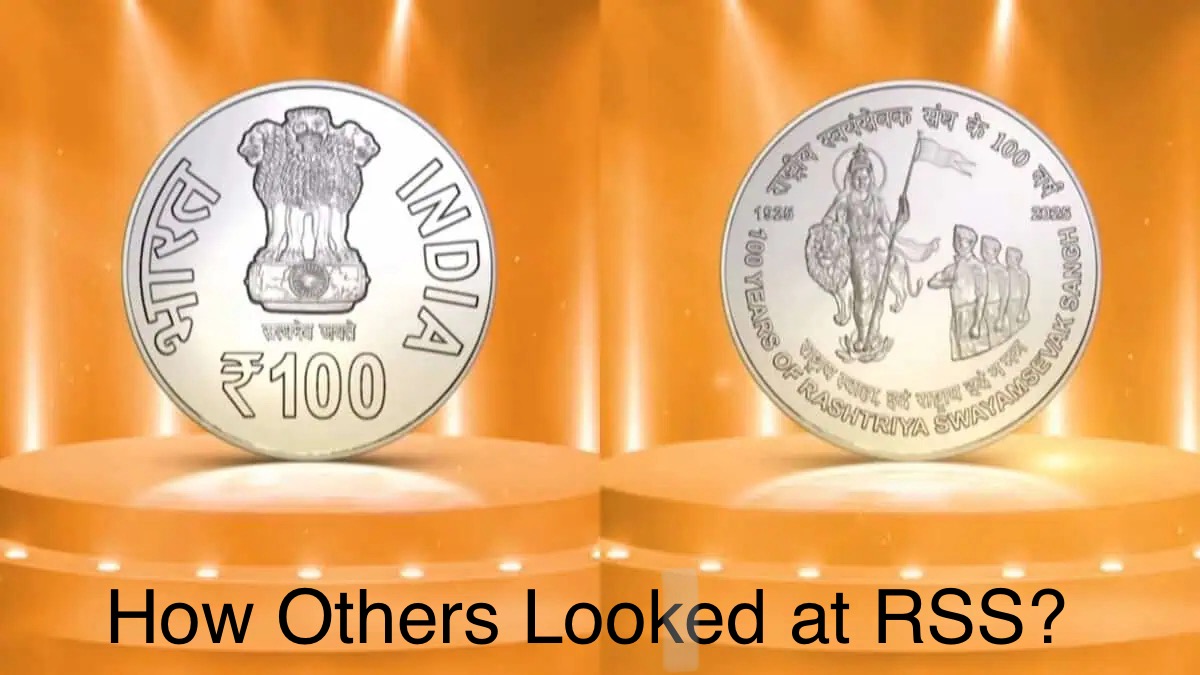
The National Education Policy of India 2020 (NEP 2020), approved by the Union Cabinet on July 29, 2020, presents a new vision for India’s education system, replacing the National Policy on Education of 1986. The policy aims to create an education framework grounded in India’s cultural values, with the goal of delivering high-quality education to all citizens. By doing so, it seeks to transform India into a global leader in knowledge and innovation.
The policy highlights the importance of using the mother tongue or local language as the medium of instruction until Class 5, with a suggestion to extend this practice through Class 8 and beyond. It also proposes that students should learn three languages during their school years as part of the recommended language framework.
The three languages learned by children can be the choices of States, regions, and of course the students themselves. However, at least two of the three languages should be native to India, one of which is most likely to be the local/ regional language. The rule is applicable to both private and public schools.
High-quality textbooks, including science, will be made available in home languages. In cases where home-language textbook material is not available, the language between the teachers and students will still remain the home language wherever possible.
The National Education Policy 2020 encourages teachers to use a bilingual approach, including bilingual teaching-learning materials, with those students whose home language may be different from the medium of instruction.
Vice-President, Jagdeep Dhankhar described the National Education Policy (NEP) 2020 as a transformative initiative and called on states that have yet to implement it to reassess their decision. He emphasized the NEP’s ability to significantly reform India’s education system and foster comprehensive development.
The NEP’s adaptability in offering varied learning pathways, integrating vocational training, and emphasizing regional languages for instruction, reflects the increasing demand for a more flexible and inclusive education system. Studies highlighting the advantages of teaching in a child’s native language during early education further reinforce the policy’s objectives.
In the larger context, achieving universal literacy remains a fundamental goal. The Vice President’s appeal highlights the collective responsibility of every citizen to contribute to this cause. By depoliticizing education and focusing on the broader benefits of a unified policy, the NEP can help India regain its position as a global center of learning, reminiscent of the ancient institutions of Nalanda and Takshashila.
Mother tongue education will put more emphasis on the understanding in the local language and a child doesn’t need to put extra efforts to learn a new language at the same time. Comprehension and education gets jeopardized when child focuses on learning a new language rather than understanding the subject. Learning a new language is equally important but not at the cost of comprehension of the subject. This is a very thoughtful step taken by the incumbent government to make education fun for the students.
It is a significant step towards reconnecting the younger generation with India’s rich cultural heritage. The policy aims to balance modern knowledge with cultural preservation, preparing students for a globalized world while grounding them in their cultural heritage. This initiative by the government is a progressive move to not only advance India’s education system but also to nurture a sense of belonging and cultural pride in future generations.





The article rightly emphasis how on mother tongue education in the NEP is a commendable step toward enhancing learning outcomes and preserving cultural identity. Early instruction in a familiar language aids in cognitive development, while the flexibility to extend this approach beyond Class 5 will empower more students across diverse linguistic backgrounds.
I fully agree with the views of writer.